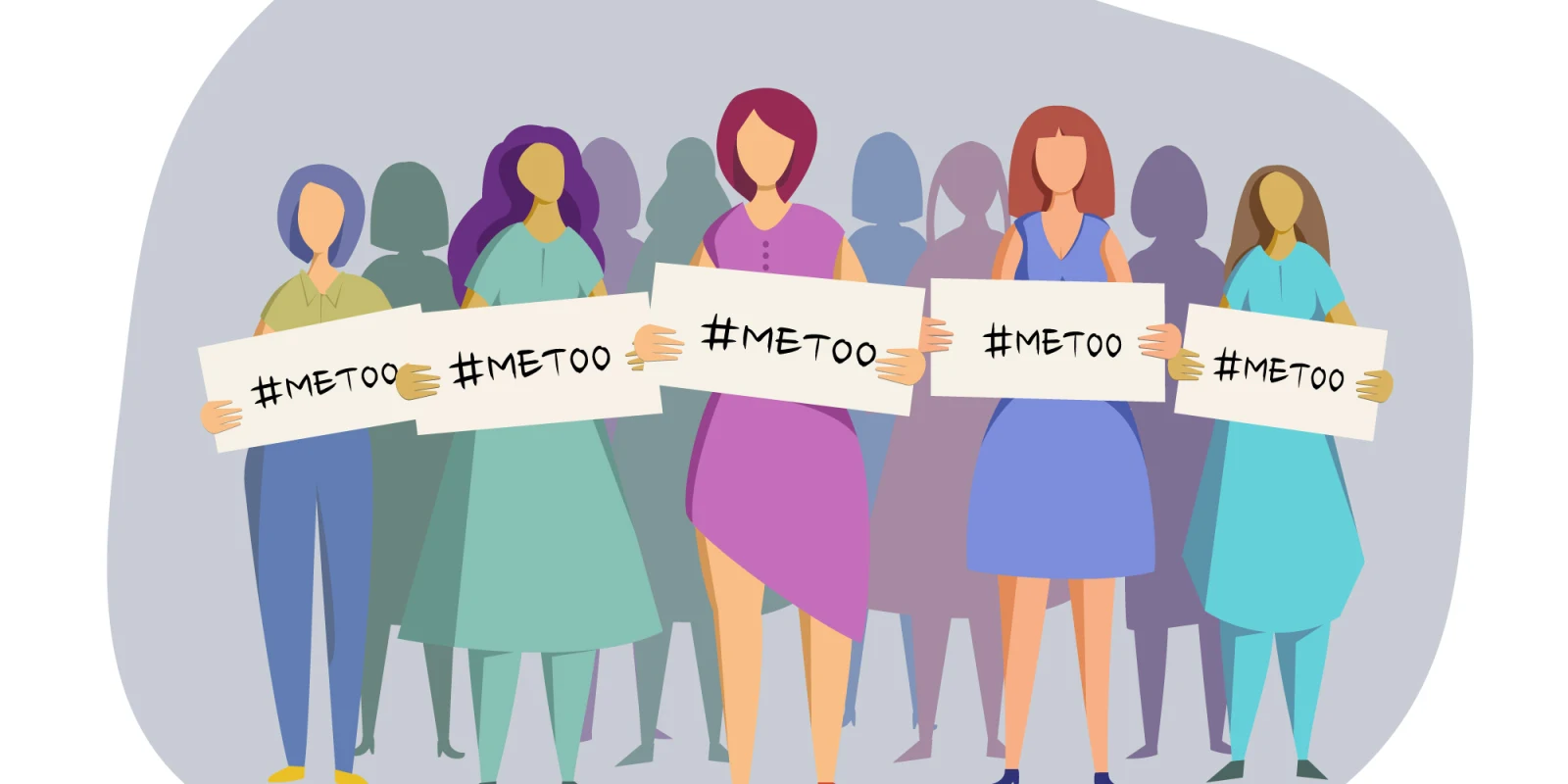
The 1980s and early 1990s saw the last wave of media-fueled mass sexual hysteria, when thousands of children and young adults were manipulated by psychotherapists into believing they had been sexually abused when in fact they had not been. The myths of "repressed memory" and 'multiple personalities' were most carefully and thoroughly anatomized and deconstructed in psychologists' Richard Ofshe's and Ethan Watters' acclaimed 1996 critical study, Making Monsters: False Memories, Psychotherapy, and Sexual Hysteria. The therapies did far more lasting damage than any specific trauma, and this should have spelled the end, or at least decline, of the so-called "trauma therapist, or "victim culture."
Rather, what the hysteria of the 1980s exposed was less an epidemic of pedophilia (simply the sufficient, not necessary condition of the time) than a growing drive to be victimized, a more sanitized and palatable iteration of Freud's old "death drive"; that is, the will, conscious or not, less to self-destruct than to return to an original state, to regress, to never grow up. A "return to the comfort of the womb," so to speak. (Think of the anorectic, a literal refusal to grow up; or, we have all seen the so-called "teddy bear sign," adult patients hanging on to their stuffed animals.) The reasons why are speculative, but almost certainly to do with the growing sense of powerlessness in the face of the institutionalized cruelty of the burgeoning corporate culture.
But what has really pressed the accelerator in recent years on this drive to remain developmentally arrested, to persist in the victim mentality (and — in the cases of those particularly driven to "help" such people — to live vicariously, I dare say at times with a very troubling arousal component to it, as victim, or worse, savior), has been the contemporaneous development, since the 1990's, of the great cyber-conscience.
The opportunity for, and encouragement of, repetitive self-harm, physical or emotional, has become exponentially greater as played against the massive, receptive, all-accommodating cyber-will. Post cyber-flirting, cyber-dating, cyber-coitus, cyber-rape, cyber-guilt, there is now, after all, a great cyber-bosom upon which to cry one's cyber-tears on demand, with a great cyber-violin playing the soulful "I"-tunes of one's choice in the background.
Indeed, it is nearly impossible to define the word "relationship" anymore.
And so let's step back. What should have been a conclusively humiliating chapter in the history of psychology and sociology, the lessons of lives destroyed by mere accusations, and worse, by overwhelmingly false accusations, frequently from parents' own children, of the 1980s and 1990s, has been shrugged off so completely in the wake of the latest waves of hysteria that the current generation of 'specialists' seems to have little to no knowledge of the not-to-distant past.
Or else they are scared, i.e., the previously bullied, now become the bullies.
There is, after all, something horrifying very deeply embedded within the cyber-conscience, a veritable cyber-superego, a massive self-loathing on an Inquisitorial scale that will brook no critical thinking within the socio-cultural realm. (Of course, this is often far removed from the physical realities, say, of abusers continuing to abuse, and the abused continuing to be abused, which makes the alternate cyber-phenomena that much more psychodynamically fascinating, and hypocritically troubling — and also offers a sobering counterpoint to the "victim" who finds him- or herself propositioned inappropriately at work, versus the economically enslaved victim who continues to find him- or herself in the position of being repeatedly beaten and raped.)
"Trauma therapy" has risen from the ashes, and is very much alive and well again in this environment, one-size-fits-all, disguised as the ubiquitous "help" urged upon "victims" in the age of prepackaged superficial expediency. This despite the fact that there is little (really no) evidence to suggest such therapy is effective in any practical way. And worse, with mounting evidence that once "victim-patients" enter such "treatment" it is often very difficult to get either the patient or the therapist to disengage. (This therapeutic relationship at the outset is typically well-meaning, as both patient and provider do wish to 'come up with an answer', but often the difficult-to-face answer is no deeper than the mirror. And to a seasoned clinician, this is usually readily apparent during the very first session.)
There is a school of thought in certain mental health circles that all mental illness is trauma-induced. Again, this is certainly not proven, and almost certainly not the case (depending of course on one's definition of "trauma"), but trauma-induced mental illness — or at least the perception of such, historically considered quite humiliating and something to be repressed — has in the age of the cyber-ego, cyber-superego and cyber-id, become a very odd, and debilitating, badge of honor. Mere exposure to trauma, especially in children, has become grounds itself for diagnosing trauma-related mental disorders. (Although, at least statistically, the vast majority of people, including — and especially — children, exposed to a specific traumatic event do not develop lasting mental illness; that is, perhaps with the qualifier, among people who do not seek the 'help' of 'specialists' after the fact. Developmental trauma is a totally different issue.)
The question then becomes, to what end?
All therapy should have an endpoint. The appropriate focus of therapy in trauma-focused patients is to try to instill some depth of character, to try to provide them with the means of acquiring some understanding that there is a world out there full of thoughts, ideas, perceptions, beliefs different than their own, a world that may have some pity and compassion over their problems but who frankly have their own problems. There should be a focus on the consideration of opposing viewpoints, on the opinions and criticisms and problems of others, especially when they differ, and to do so not with seething rage, but thoughtfully. In other words, to be realistic. As an example: "The normal response to sexual impropriety, from someone with a firm sense of self, is to remove one's self from the situation and/or to make one's concerns or momentary outrage known to the 'perpetrator'. If you (patient/victim) repeatedly find yourself in these situations, then this really is a 'you' problem as much as it is 'his' or 'hers'. If you find yourself notifying media outlets of these improprieties, contacting high-profile attorneys, and/or suing for incredible financial gain, then your need for exposure, i.e. 'fame', is far more pathological."
I know these are inconvenient truths in the current climate, and that is why this wave of hysteria is terrible for patients genuinely seeking help, but who now receive mixed messages.
Indeed, what is so much more harmful to fragile people than any sexual impropriety is the great evolving cyber-superego, the vast collection of hateful, spiteful, vengeful 'Others', the virtual fascist lackeys of the new social totalitarianism, who project (what is really) their own impotent rage at corporate injustice into the social realm. Those who are easily victimized to begin with do not stand a chance against such onslaught. They may be championed in cyber-space, but believe me, this is not making them, or us, any better.
Elliott Martin, MD, is a board-certified adult and child psychiatrist at Newton-Wellesley Hospital, as well as the Director of Consultation and Emergency Psychiatric Services at Newton-Wellesley Hospital, and Assistant Clinical Professor of Psychiatry at Tufts University School of Medicine. He is a 2018–19 Doximity Author.







